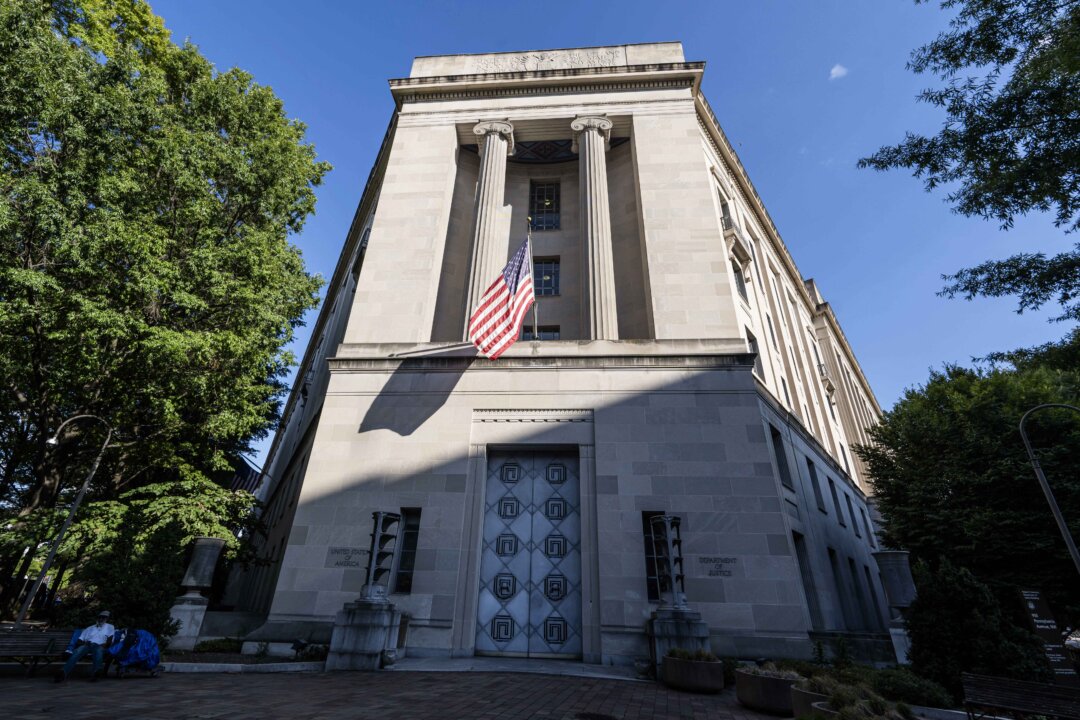The Justice Department is proposing new rules that would limit the ability of adversarial nations to purchase Americans’ bulk data.
The notice of proposed rulemaking, announced on Oct. 21, would attempt to throttle the amount of information sent by data brokers to six covered nations by placing new limits on certain business transactions regarding Americans’ data.
The six nations that are targeted include China, Cuba, Iran, North Korea, Russia, and Venezuela.
The proposal was precipitated in February when President Joe Biden signed an executive order directing the department to create new regulations that would prevent hostile countries from purchasing the sensitive data of U.S. residents through legal means….
Justice Department Proposes Rules to Block Data Transfers to China, Russia, Iran

